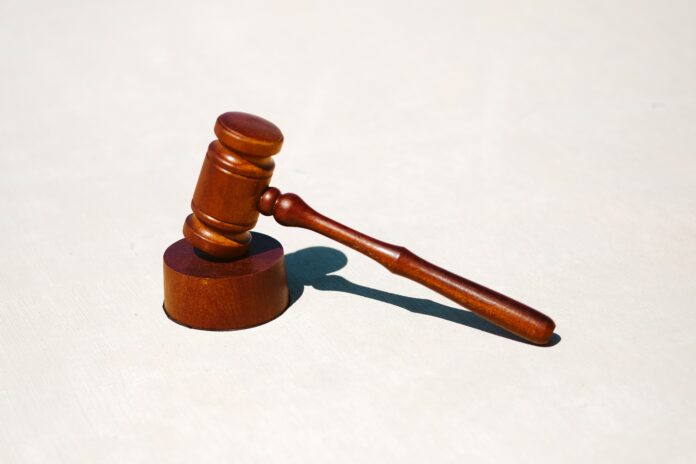The President of the Portuguese Supreme Court of Justice publicly denounced corruption within the country and criticized the political power.
According to Henrique Araújo, the current President of the Portuguese Supreme Court of Justice, corruption is widespread throughout the country, and the political power does not do anything about it.
Last Friday, in an interview with the newspaper Nascer do Sol, the President of the Supreme Court of Justice stated that justice does not seem like a priority for the Government.
Amongst the problems for which he proposes changes to the existing legislation, the most pressing is the degree of corruption that is spread throughout the country. One of the solutions he proposes is the creation of a new crime category – illicit enrichment.
According to the statement, the proposed category would be an effective mechanism to fight the corruption that is deeply installed within the public administration, and this affirmation is something the President of the Supreme Court of Justice is sure about.
Even though there has been more investigation into the phenomenon of corruption, the results of that investigation have not been satisfactory. The increase in the investigation efforts has not led to a decrease in the corruption that indeed exists.
Despite the continuous warnings of the judiciary power, nothing has really changed and corruption remains the same, if not worse. The current Minister of Justice has not been able to produce the required reforms effectively, and the President of the Supreme Court of Justice believes something is holding her back.
Moreover, Henrique Araújo also advocated for a true separation of powers. As he stated, there is an urgent need to provide financial autonomy to the judiciary branch. Currently, Portuguese courts function with funds provided by the Ministry of Justice, and that is not right.
In his opinion, for a true separation of powers to exist, the Superior Council of the Judiciary should supervise the budget of the judiciary branch, not the Government.
Last but not least, the President of the Supreme Court of Justice also noted some of the pardons granted because of the Pope Amnesty. Nine cases of serious and very serious infractions committed by judges were archived, and nothing actually happened to the wrongdoers.
This, according to him, gives a terrible example to society. Judges, being judges, should be one of the first to set an example. Pardoning their offenses sends a very bad signal to society, argues the judge.


